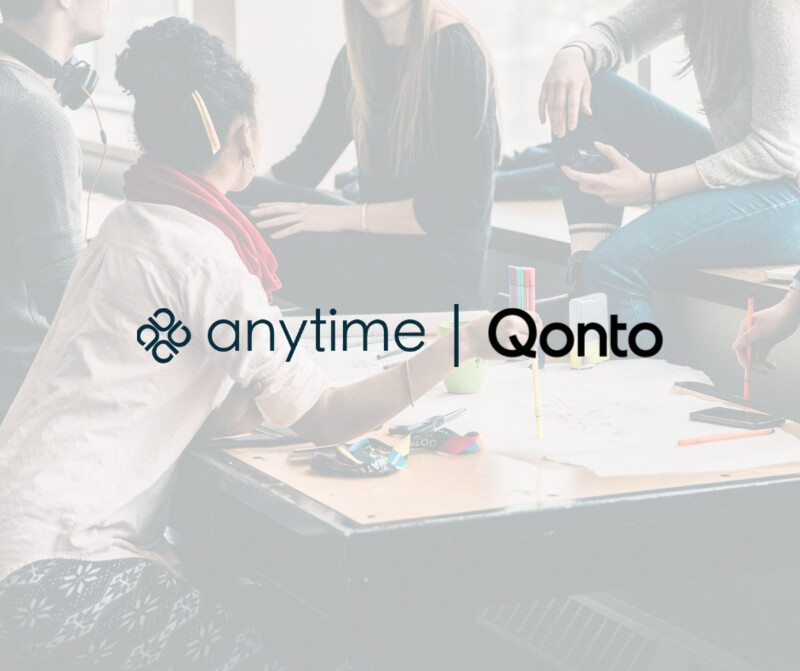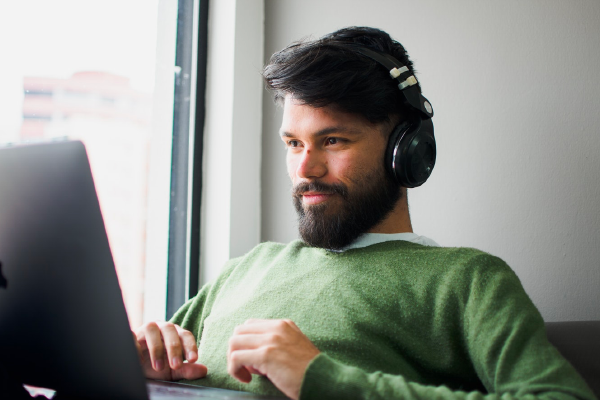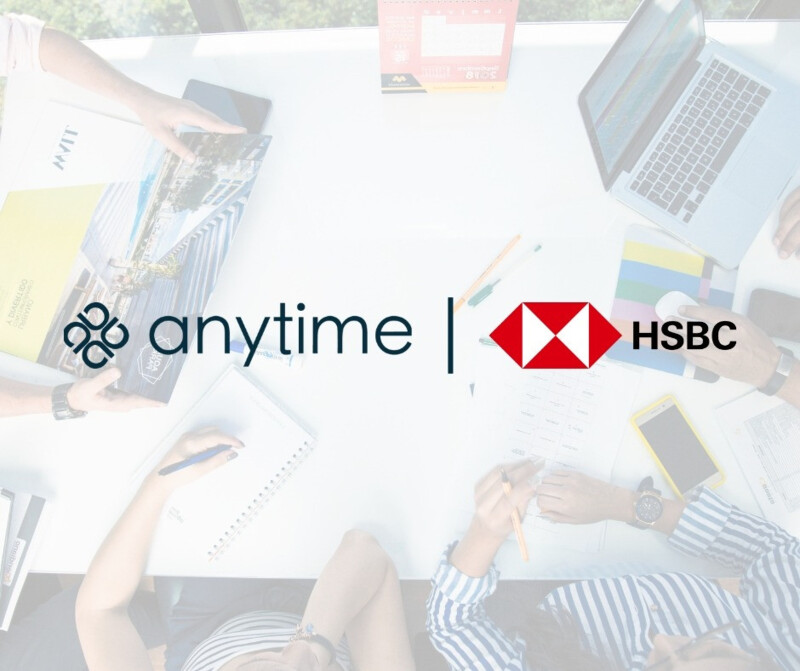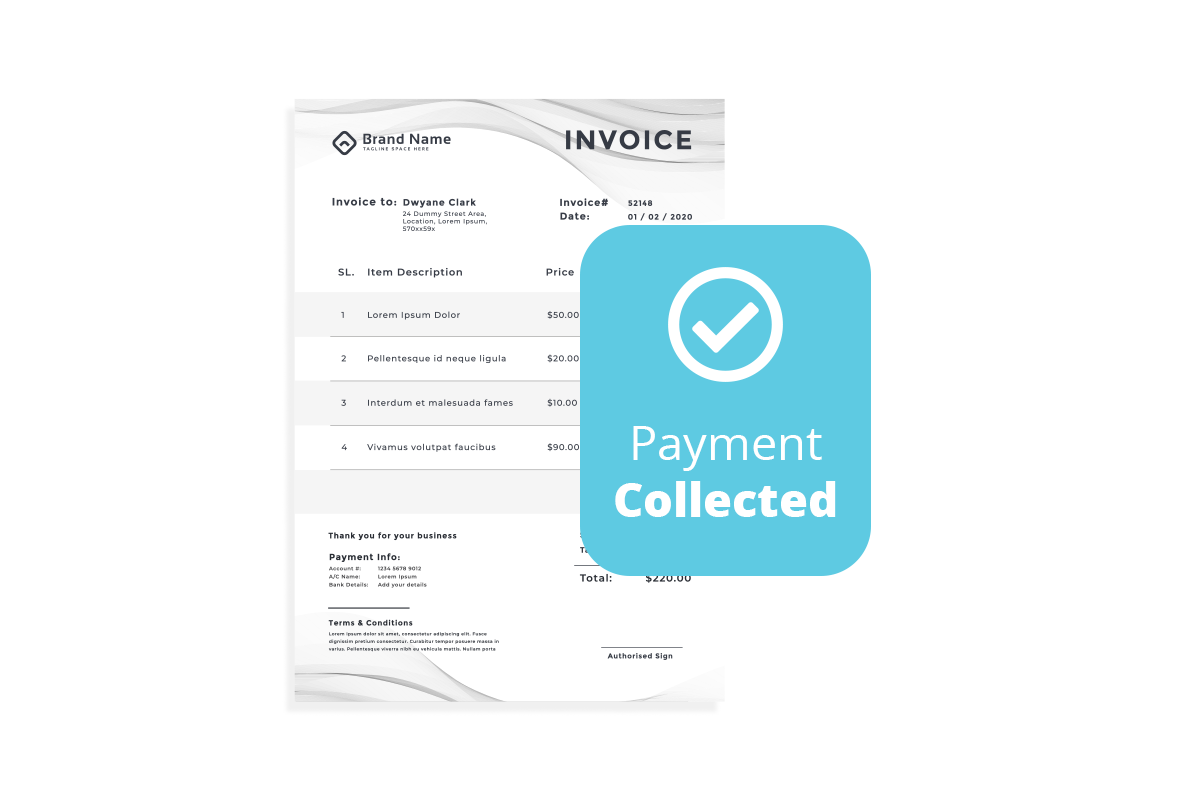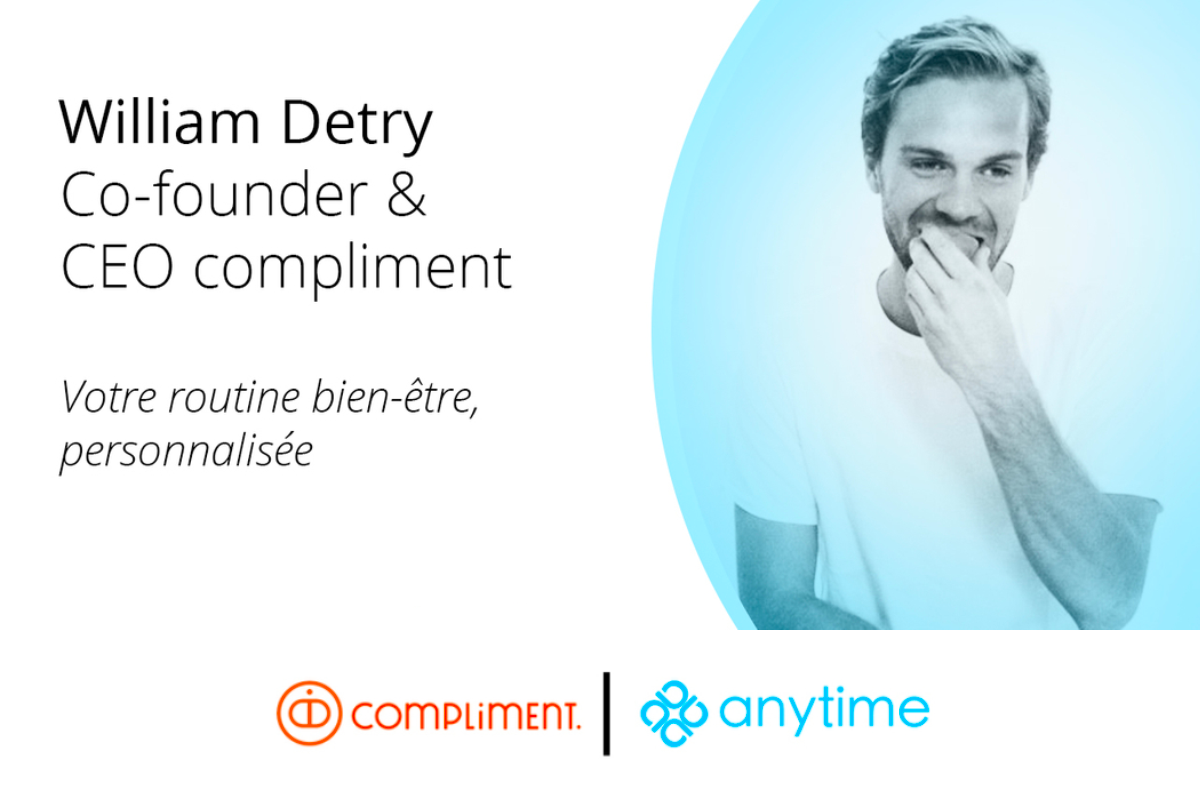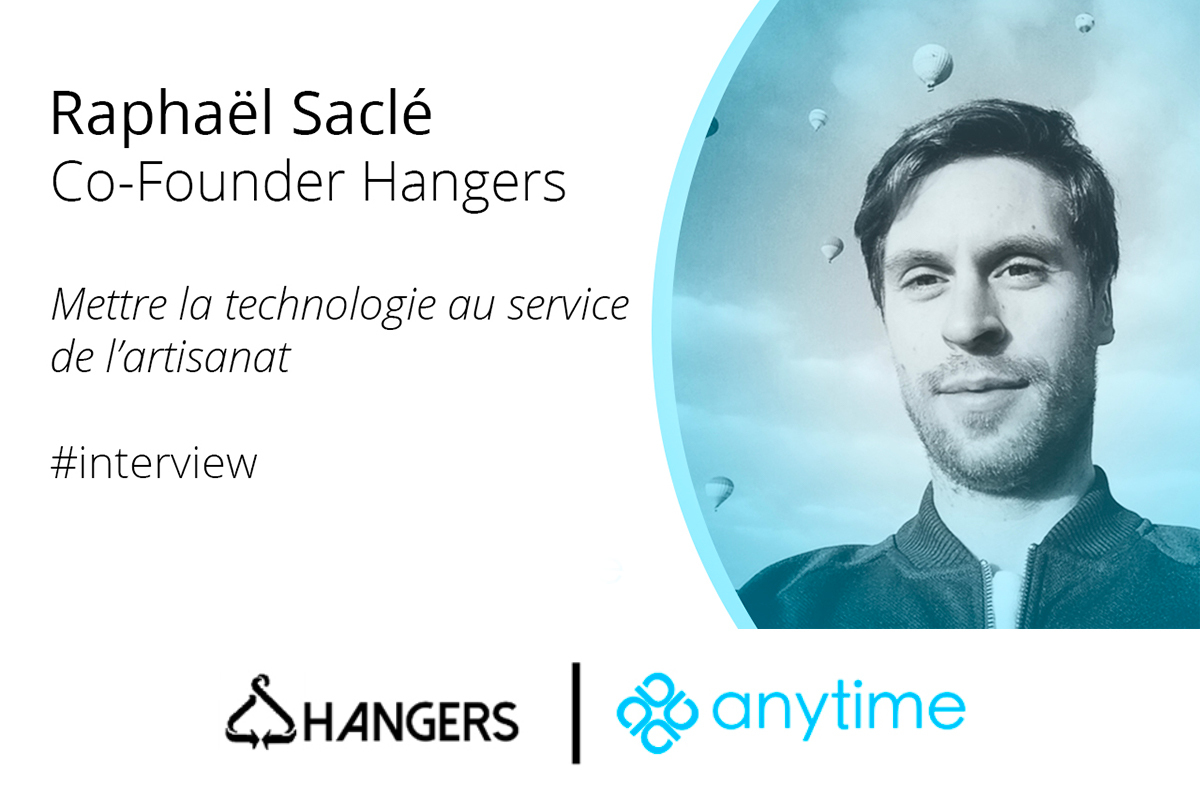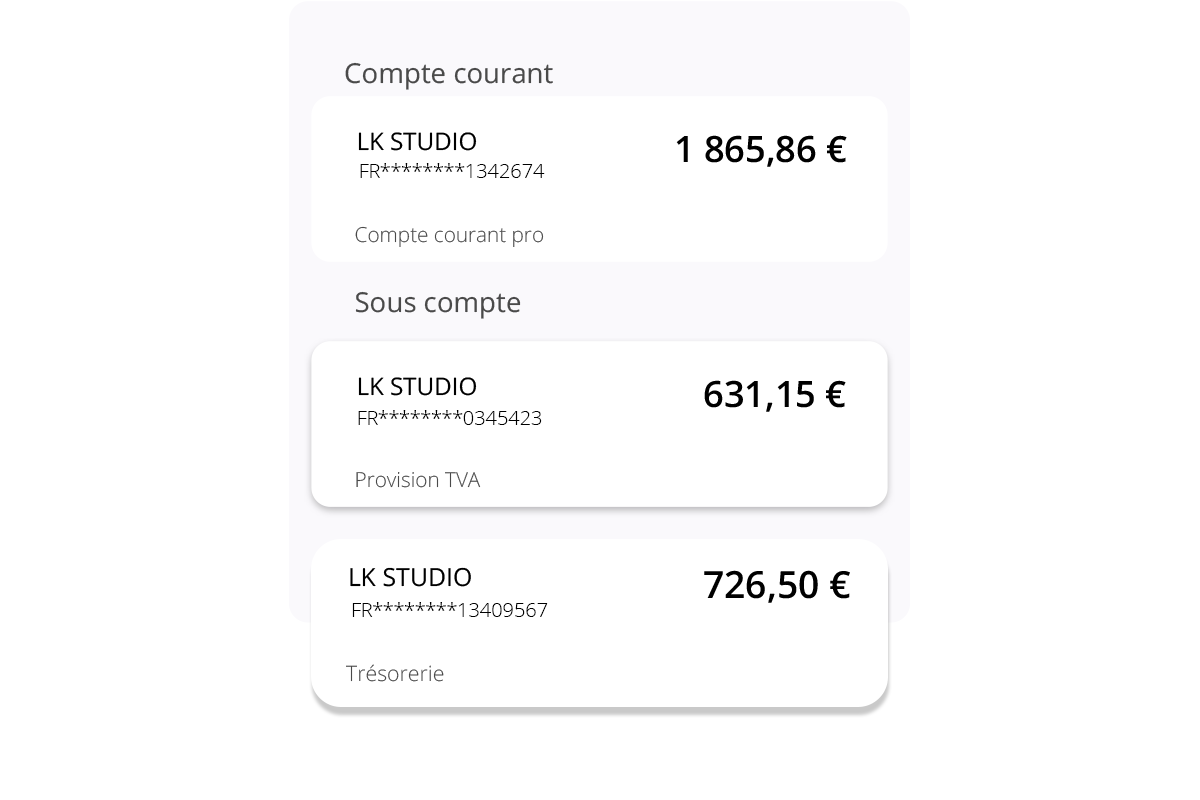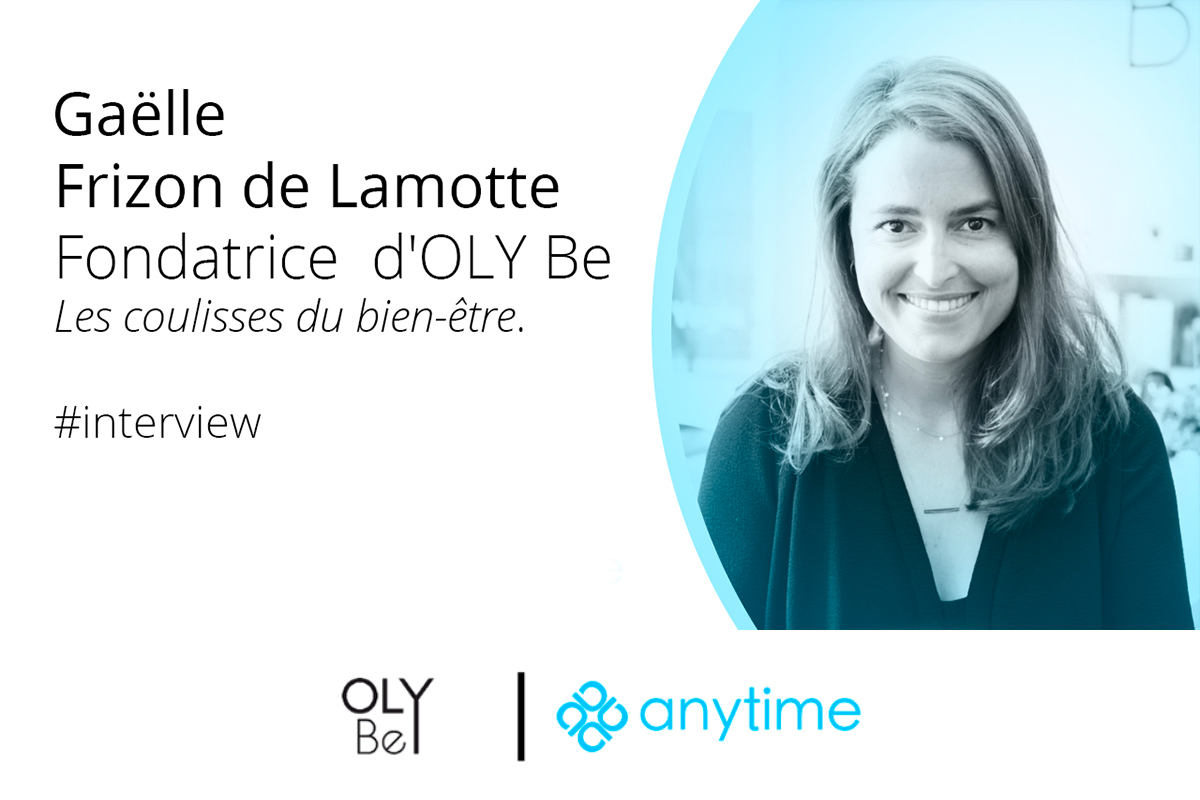
“J’avais envie de monter ma boîte dans un domaine qui a un impact positif sur la vie des gens.”
Gaëlle Frizon de Lamotte a travaillé 10 ans en tant que responsable chez Philips, aux Pays-Bas puis en France. Elle y découvre l’intrapreuneuriat : agir comme un entrepreneur en travaillant en tant que salariée pour une entreprise. Gérer ses projets de A à Z lui donne le goût d’entreprendre et de monter sa boîte. Elle a envie de monter un projet ayant un rayonnement positif sur la vie des gens. L’idée, elle la trouve dans son quotidien.
“Avant OLY Be*, quand je faisais du yoga, je pratiquais chez quelqu'un qui habitait dans mon quartier. On se réunissait tous les samedis matins en petit groupe dans son appartement et une professeur de yoga venait nous donner cours. “*
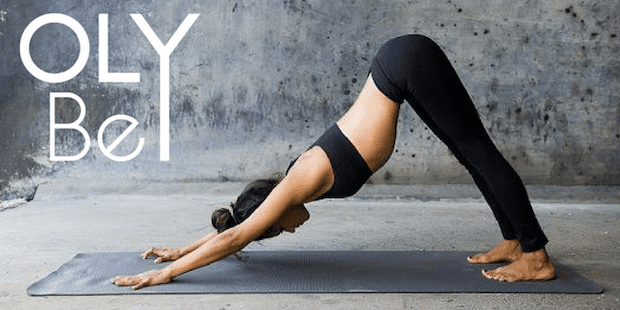
Gaëlle trouve son concept : mettre en relation des professeurs avec des élèves souhaitant accueillir des cours de yoga chez eux. En octobre 2015, elle crée OLY Be sur fonds propres. Le concept plaît, et va évoluer. Rapidement vient l’idée de proposer une densité de cours plus élevée dans des lieux plus grands, à un prix compétitif. Le but : que chacun puisse trouver un cours près de chez soi et à un prix raisonnable.
“Il y a deux freins principaux à une pratique sportive régulière. En France, le premier est l'absence de proximité géographique. Le deuxième, c'est le prix. On avait vraiment envie de rendre le yoga accessible à tous financièrement, sachant qu'un cours de yoga est en moyenne à 20€ en région parisienne. Chez nous, c’est moins de 10€.”
En se focalisant sur cette accessibilité pour tous, OLY Be tisse un partenariat avec une centaine de lieux où sont organisés des cours de façon hebdomadaire. Gaëlle commence son aventure seule et pour se faire connaître, elle compte sur le bouche-à-oreille en misant sur cet aspect communautaire. Le principal levier qu’elle utilise, c’est Facebook. Avec peu d’argent au départ, elle arrive à faire croître sa communauté par ce réseau social, qui fonctionne encore très bien aujourd’hui.
Tout fonctionne très bien jusqu’à l’arrivée de l’épidémie du coronavirus. Ne reposant que sur un réseau de cours en physique, il faut s’adapter rapidement pour ne pas sombrer. Très vite, l’équipe met en place un planning de cours en live et en ligne pour pratiquer facilement de chez soi. Encore une façon de rendre encore plus accessible le yoga à tous.
“Comme beaucoup, nous n’avions pas du tout anticipé l’arrivée du coronavirus. On s'est retrouvés sans rien du jour au lendemain. Ce n’était vraiment pas du tout dans nos plans de développer ce côté en ligne. Ni à court terme, ni à moyen terme. On savait qu’il fallait être rapides et en 24 heures, nous avons lancé notre planning de cours en direct. On a vraiment transformé notre business.“
Ce changement ne compense pas l’intégralité de la perte du chiffre d’affaires dû au Covid, mais un nouveau modèle est né. Aujourd’hui, l’offre en ligne et en physique coexistent. On peut donc pratiquer dans son quartier, pas loin de son travail avec le réseau de salles partenaires, ou chez soi avec les cours en ligne. Ce qui semblait être un frein a permis à OLY Be d’évoluer.
“On a réussi à transformer cette très mauvaise nouvelle en opportunité en développant une nouvelle offre de business en ligne. On a continué tout ce pan en ligne même quand les cours en physique ont été réactivés pendant l'été. Ça nous a permis également d’affronter cette nouvelle phase de confinement avec plus de sérénité.”
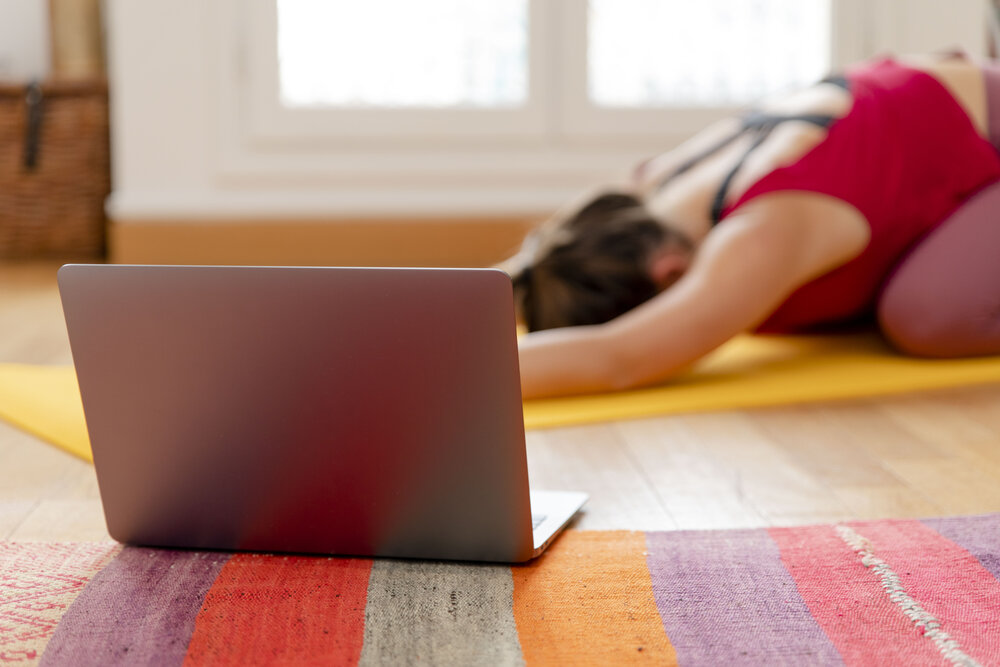
En plein confinement, OLY Be réussit un exploit : une levée de fonds de 1,5 millions. Dans le milieu du sport, on voit rarement des levées de fonds aussi élevées.
“On est super heureux d'avoir réussi à lever des fonds en plein confinement. C'est super chouette. Je pense qu’on a réussi à se retourner hyper vite, grâce à notre communauté qui nous a suivis.”
La communauté d’OLY Be accueille bien les cours en ligne. Ce format permet également de toucher un nouveau public.
“Au départ, les cours en ligne ont principalement touché notre communauté. Aujourd’hui, grâce à ça, on touche de plus en plus de nouvelles personnes.”
Les cours en ligne touchent un nouveau public, dont les entreprises. Depuis 2 ans, OLY Be se développe également en B2B. Au départ, c’est par le bouche-à-oreille que tout commence : des élèves partagent à l’équipe leur envie de mettre en place des cours dans leur entreprise. Minoritaires par rapport à leur offre B2C, les entreprises sont cependant de plus en plus intéressées, notamment par les cours en ligne pour améliorer le bien-être de leurs employés.
“Le B2B a très bien fonctionné pendant le confinement. Les entreprises étaient très demandeuses de solutions pour améliorer le bien-être de leurs collaborateurs en télétravail. On a de plus en plus de demandes à la fois d'entreprises déjà clientes qui faisaient des cours en physique sur le lieu de travail qui basculent en cours en ligne, mais aussi d'autres entreprises qui veulent mettre en place des cours de yoga ou de sport de façon plus générale pour leurs collaborateurs. Il est difficile de continuer à bouger pendant un confinement, c'est pourtant essentiel à la fois pour la santé physique mais aussi pour la santé mentale.”
Gaëlle fait également attention au bien-être de son équipe composée d’une quinzaine de personnes aujourd’hui.
“La pratique du sport est encouragée. À côté de l’abonnement OLY Be*, tout le monde a également un abonnement à GymLib. Tu as accès à des milliers de salles de sport partout en France. Chez nous, on encourage la pratique du sport pour garder le moral.”*
Même hors confinement, les employés peuvent télétravailler s’ils le souhaitent. Pendant les confinements, l’équipe garde une communication journalière pour se donner les priorités de la journée, mais aussi pour mesurer le moral des troupes.
“Le confinement, c’est très violent. Il faut veiller au bien-être de son équipe. Ce sont de nouvelles méthodes de travail. Après le premier confinement, on s'est posés en équipe, et on s'est dit : comment on réinvente notre façon de travailler chez OLY Be ? Quand on sera sortis de cette période du coronavirus, l'idée est de conserver 2 jours de télétravail par semaine pour ceux qui le souhaitent."
Gaëlle a bien insisté sur un autre point : le bien-être des équipes, ça passe surtout par donner du sens aux missions des collaborateurs.
“Trouver du sens dans son job, c’est primordial. Avoir des objectifs clairs, une vision globale de la direction vers laquelle se dirige l’entreprise. C'est tout ça qui contribue énormément à faire que tu te sentes bien au sein de ta boîte.”
Gaëlle a créé OLY Be pour faire du bien autour de soi : cela s’applique à ses clients, mais également à son équipe. Son business est intrinsèquement lié à ses valeurs personnelles : un avantage dans la gestion quotidienne de son activité.
“Monter sa boîte, c’est compliqué : tu travailles beaucoup. Tu te donneras clairement plus de mal si tu crois profondément que ce que tu fais à un impact positif sur la vie des gens. Je suis alignée avec ce que je fais, et les clients le sentent. Les gens ont besoin d'honnêteté et d’authenticité aujourd’hui. Le bien-être qu’on souhaite donner, ce n’est pas une posture Marketing, et je suis persuadée que c’est ça qui fait le succès d’OLY Be.”
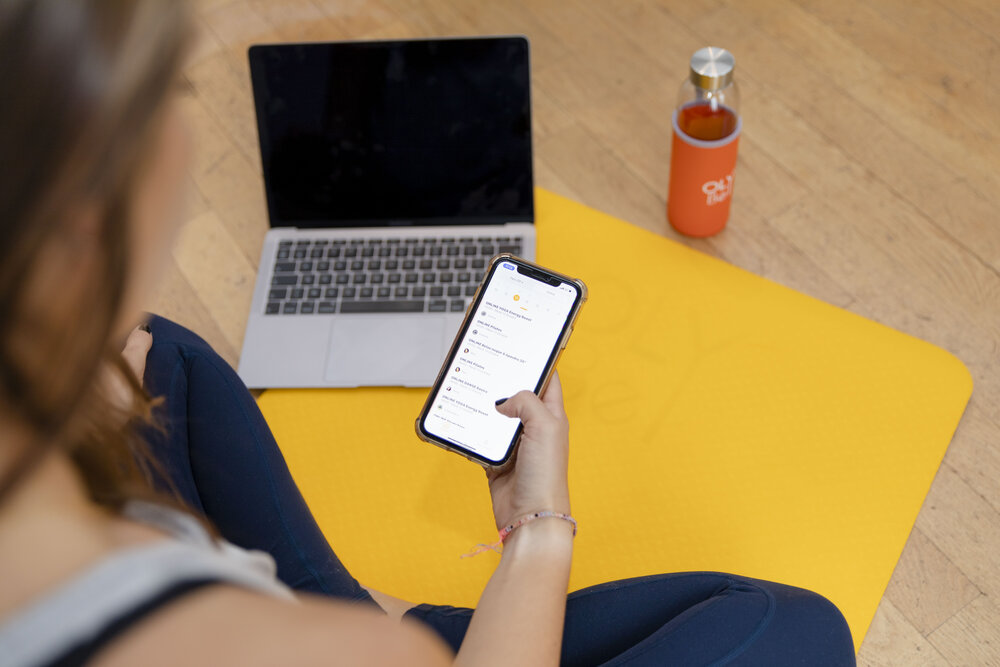
Nous avons demandé à Gaëlle quels sont ses conseils pour se lancer en tant qu’entrepreneur.
1. Relativiser
“On a toujours l'impression que la marche à monter est hyper haute. Certes, c'est un saut dans l'inconnu, mais quel était le pire qui puisse m’arriver ? Devoir retrouver un job. Alors certes, si tu échoues, ton ego en prend un coup parce que tu n’as pas réussi ce que tu as entrepris. Mais de toute façon, même en cas d’échec, on en ressort grandi avec des nouvelles connaissances.”
2. Faire confiance à son instinct
“Au début, quand tu montes ta société, tu es sur des sables mouvants en permanence. Tu n’y connais rien et finalement, c’est ton instinct qui va te guider. Et souvent, il a raison. Dans 99% des cas.”
3. Bien s’entourer
“Au début, je rencontrais tous les gens qu'on me disait de rencontrer. J’ai pu me construire un premier réseau, et avoir du feedback sur mon concept. Il y a souvent cette peur qu’on te pique ton idée si tu en parles. Il faut oublier cela de suite. Effectivement, il y a plein de gens qui ont des velléités entrepreneuriales, mais entre les velléités et le vrai passage à l'action et à l'exécution, il y a un fossé énorme. L’idée, au final, compte peu. Ce qui compte, c'est vraiment l'exécution.
Rencontrer un maximum de gens et se constituer un réseau c’est important, et ne pas hésiter à demander de l'aide. Je n’ai jamais eu de soucis à dire : “ça je ne sais pas le faire. Est ce que tu peux m'aider?”
Quand nous lui demandons son mantra, Gaëlle nous répond par une citation d’Oscar Wilde, qui incite fortement au passage à l’action.
“Vivre est la chose la plus rare du monde, la plupart des gens se contentent d'exister, sans plus.”
Vous souhaitez vous mettre au yoga ? Découvrez vite OLY Be et ses offres de cours en ligne ou en physique.
